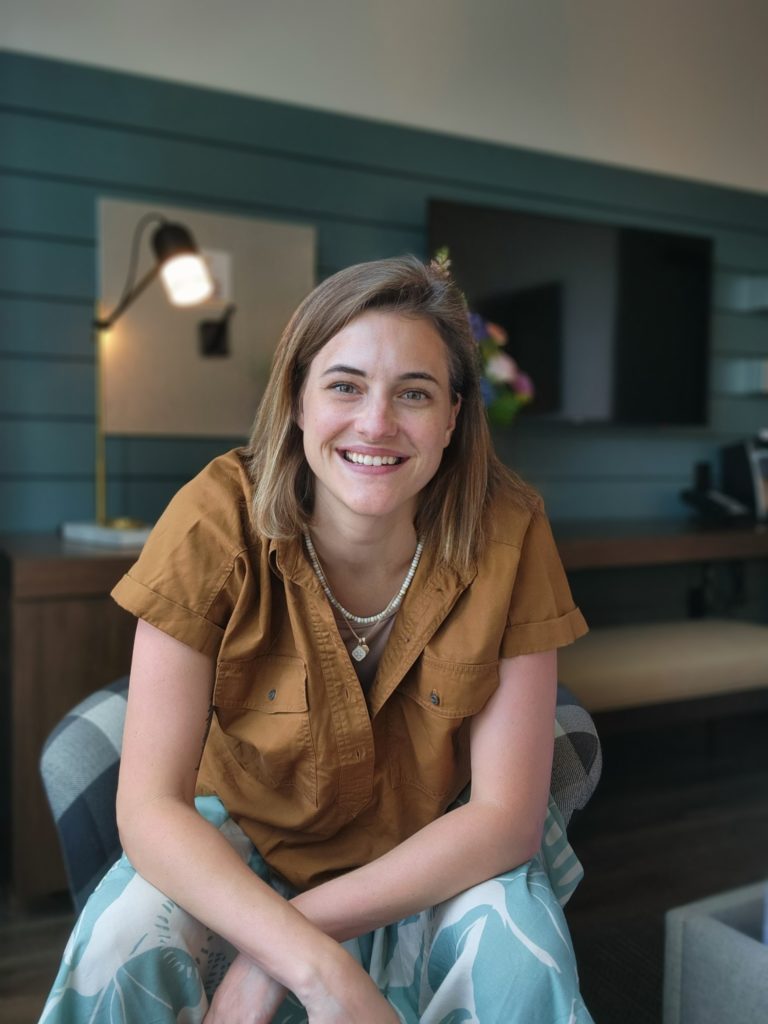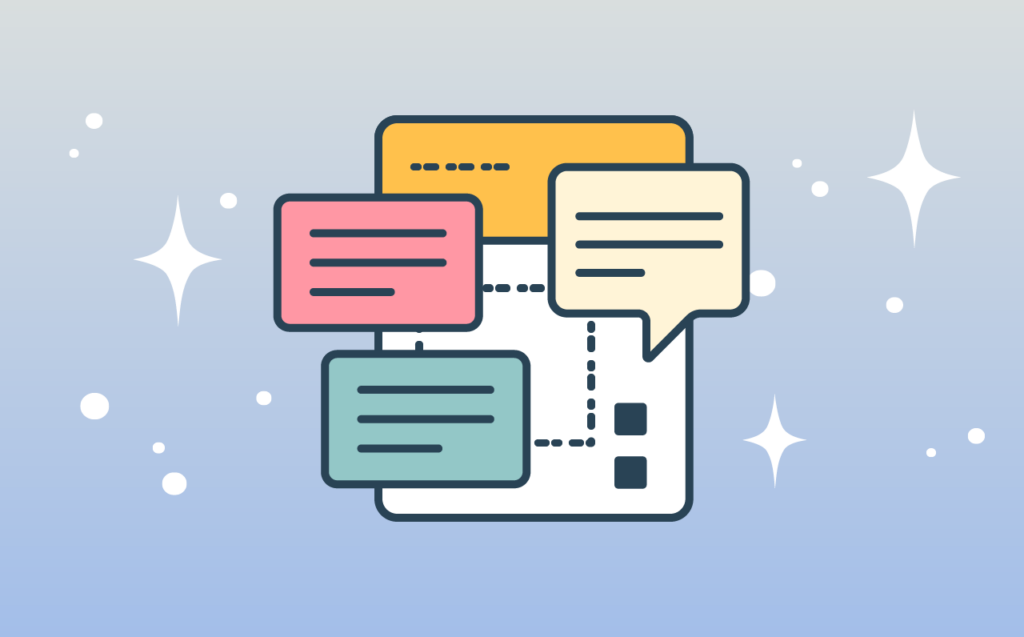In November of 2022, I had a first call with the head of marketing at Eleos. At that point, the marketing department was basically one or two people who were building out the strategy as they went. I might have pestered them with more questions than they expected (and with a plethora of emails to get things rolling after our initial meeting), but that call was the start of a relationship that has shaped how I think about mental health technology.
In the past three years, I’ve spent countless hours with Eleos—talking to their team, interviewing PhDs, and sitting down with AI researchers and programmers who could clearly and thoughtfully break down the science behind the tools.
Those conversations gave me a crash-course in AI for behavioral health. In many ways, Eleos built the foundation for how I understand this entire space.
For the first year or so, I thought this team was just the norm. Of course any company in mental health tech would work this closely with clinicians and lead with research. It wasn’t until my work expanded to other companies that I realized how rare that actually is. Turns out, Eleos had spoiled me. So many—too many—tech startups treat mental health tech like regular tech with a mental health logo slapped on top.
Eleos has grown a lot since that first call. The marketing team that was once just one or two people has grown to 10-plus, and they don’t need me the same way they once did. Which is a good thing, because it means they’ve built the capacity to keep telling their story themselves.
I asked if I could write this piece as a kind of final project (at least for now, until they grow enough to need me again!). It felt important to put on record why I’ve respected this company from the start, and to highlight the best practices I’ve seen here. Because I want other companies to understand that this is the gold standard, and to change their approach to match it.
What Eleos Gets Right
When I think back on why working with Eleos has shaped my view of mental health tech, it comes down to a handful of practices that sound simple but are surprisingly hard to find in the space. These are the things that matter to therapists like me, and they make the difference between tech that makes our work better and tech that just adds another layer of frustration and suspicion.
1. A Purpose-Built AI Model
One of Eleos’ biggest differentiators is that they didn’t just repackage ChatGPT or slap a clinical wrapper on a general AI model. They built their own model, trained specifically on behavioral health data.
As Dr. Shiri Sadeh-Sharvit, former Chief Clinical Officer at Eleos, explained: “By training our models with real-world session data, we enhance their applicability in the intended context: community-based behavioral health clinics.”
A model trained on real therapy work is more accurate, clinically relevant, and safe to use in healthcare settings. It’s HIPAA compliant. It understands the language of mental health without having to be force-fitted. When people say “AI in therapy,” a lot of the time they’re talking about a generic model trying to pass as clinical, so you might as well just use ChatGPT. A behavioral health-specific model makes all the difference.
2. Clinicians on the Product Team
Another thing that sets Eleos apart is how they involve clinicians in the development process. Most companies are like dogs chasing a firetruck when it comes to clinician involvement. They go after it, but once they get clinicians in the door, they don’t really know what to do with them. So they give them advisory titles, ask them to speak at events, or collect input after the important decisions have already been made.
At Eleos, clinicians are embedded directly into the product team. Natalia Szapiro, who leads the clinical team, once explained it this way: “The clinical experts team works side-by-side with our data science team to make sure that our products are good quality.”
Samuel Jefroykin, former Director of Data and AI Research, put it even more bluntly: “There’s no one single project that an AI researcher is doing that a clinical expert didn’t work on.”
3. Science as a Priority
Having clinicians on the product team is only one part of the equation. The other part is pairing that knowledge with scientists who know how to measure and validate what the model is doing. A therapist can tell you if a note “sounds right,” but it takes data scientists to stress-test the model, run validity checks, and make sure the output holds up across millions of data points.
At Eleos, those two groups always work in tandem. The clinicians bring the context, the scientists bring the methods, and together they keep the system grounded in both practice and evidence.
“With AI, you live in a world of errors,” Jefroykin once explained. “That’s why it has to be evaluated and validated constantly.”
And this matters, because therapists don’t mess around when it comes to evidence. Our entire field is built on proving what works and holding ourselves accountable to it. Any tool that wants to be taken seriously in therapy has to meet that same bar.
4. Privacy that Goes the Extra Mile
If you think therapists are serious about evidence and data, just wait until you see how we feel about privacy. It’s the foundation of our work with clients. I’ve lost count of how many times I’ve asked Eleos about it over the years, and I’ve appreciated that they never roll their eyes. They take it just as seriously.
Eleos covers the basics with end-to-end encryption, HIPAA and SOC 2 compliance, and strict access controls. But they go further than those must-haves. For example, they use mock transcripts mixed with real ones so that even inside the system, true and false can’t be told apart. That’s on top of de-identification, anonymization, and deletion policies.
For the Record…
Working with Eleos has shaped my whole perspective on AI in mental health. I can talk about retrieval augmented generation, explain what validity testing looks like in practice, and break down why security standards like SOC 2 matter. That knowledge didn’t come from a textbook—it came from hours of conversations with the people building this technology on the leading edge. I know that’s a privilege. For most people in this field, AI still feels confusing and shadowy, and I don’t take lightly that I’ve had a front row seat.
And it hasn’t just been about learning the technical side, because I’ve also seen what it looks like when a company takes clinicians and scientific research seriously. That combination isn’t common, but it should be.
That’s why I asked to write this piece: I want this on the record in mental health tech. These practices shouldn’t feel special. They should be table stakes. Companies should feel odd if they’re not operating this way, like a car dealership trying to sell a frame without an engine.
Thanks to Eleos, I don’t buy it anymore when companies say it’s not possible, or not realistic, to meet the standards clinicians expect. It is. I’ve seen it.

